Undergraduate Degrees
- RIT/
- Artificial Intelligence/
- Academics/
- Undergraduate Degrees
Across numerous undergraduate degrees, you’ll learn about and experience AI and how it impacts a wide range of career fields.
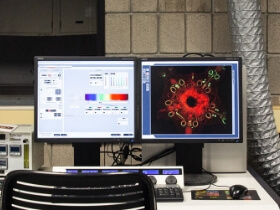
Machine learning is a fast-developing field of artificial intelligence (AI) with many applications in life sciences. The huge amount of genomic data can be analyzed and interpreted by machine learning techniques. This course introduces basic concepts of machine learning models and demonstrates how these models can solve complex problems in life sciences. The course will start with a discussion of how machine learning is different from descriptive statistics, and introduce the machine learning toolkits through a tutorial. Main topics cover three branches of machine learning: supervised learning, unsupervised learning, and reinforcement learning. Instead of applying different machine learning methods to different datasets, the course aims to apply different methods to the same datasets so that students are able to compare the performance and pros/cons of the methods. Hands-on exercises will be provided in both lectures and weekly labs. A group project will be given at the end of the semester so that students can apply machine learning methods to the datasets they are interested in. By the end of this course, students will be able to identify the difference between a supervised (classification) and unsupervised (clustering) technique, identify which technique to apply for a particular dataset and need, engineer features to meet that need, and write code to carry out an analysis.
Learn more about Bioinformatics and Computational Biology BS
Offered within the College of Science

From content creation to social media analytics and ad campaign data, machine learning and AI can be powerful tools. In the communication BS, course work allows students to delve into potential applications.
Learn more about Communication BS
Offered within the College of Liberal Arts

Provides students with the necessary foundation needed to develop new AI methods and to design computer systems that enable AI.
Learn more about Computer Engineering BS
Offered within the Kate Gleason College of Engineering

The BS in computer science covers various areas, including artificial intelligence, where students specialize in intelligent systems. Programming skills are essential, and graduates are well-versed in AI, enabling them to understand design principles, mathematical theory, and apply technical applications in the field.
Learn more about Computer Science BS
Offered within the Golisano College of Computing and Information Sciences
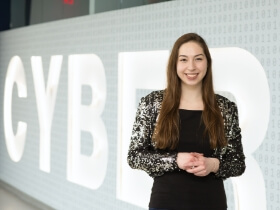
With the increasing scope and demand for computer systems security, the BS in cybersecurity emphasizes the need for highly trained professionals to secure and protect digital assets. The major acknowledges the challenges posed by advances in artificial intelligence and focuses on developing skills to protect organizations from evolving threats.
Learn more about Cybersecurity BS
Offered within the Golisano College of Computing and Information Sciences

Provides students with the necessary foundation needed to develop new AI methods and to design electronic components that enable AI. An option in AI allows students to explore the theoretical and practical skills necessary to design ethical intelligent agents that will continue to advance society.
Learn more about Electrical Engineering BS
Offered within the Kate Gleason College of Engineering
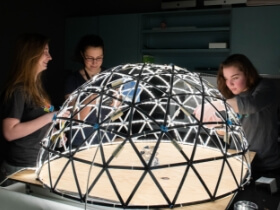
The BS in Imaging Science covers what we refer to as the “imaging chain”, i.e., the capture of photons via optics, onto a detector plane, as well as the processing, analysis, and visualization of imagery and results. Artificial intelligence could apply to this entire chain, especially as far as intelligent systems are concerned, but is a strong focus in especially our image processing and computer vision course sequence. Our students also are exposed to essential programming skills, with imaging science graduates being well-versed in imaging and AI applications therein.
Learn more about Imaging Science BS
Offered within the College of Science
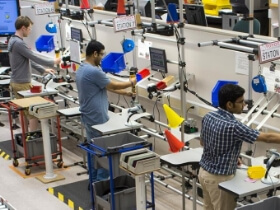
Provides students with a foundation in AI for analyzing data, forecasting future trends, and making business decisions, particularly those related to manufacturing, health care and service systems.
Learn more about Industrial and Engineering BS
Offered within the Kate Gleason College of Engineering
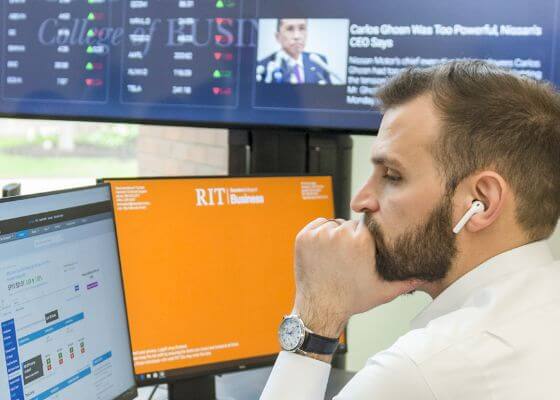
As an emerging subset of information technology, AI tools and techniques represent a critical resource for MIS professionals. RIT’s MIS major introduces students to the leading approaches to AI application in business, particularly in the domains of business process management, systems analysis and design, and business intelligence.
Learn more about Management Information Systems (MIS) BS
Offered within the Saunders College of Business
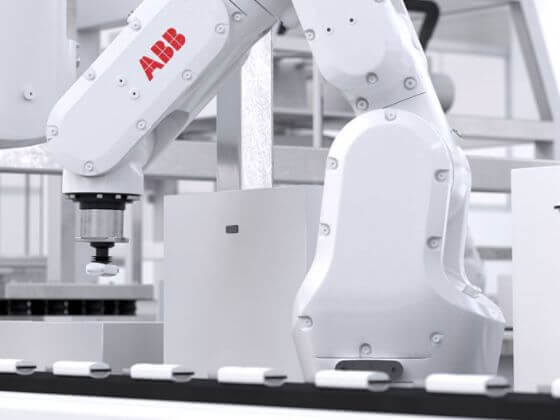
AI is integrated into the mechatronics curriculum to teach students about smart automation and robotics. Hands-on robotics projects allow students to integrate AI into design and to optimize mechatronic systems.
Learn more about Mechatronics Engineering Technology BS
Offered within the College of Engineering Technology
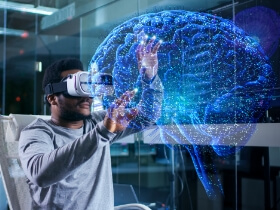
Neuroscience BS has “Computational Neuroscience” as one of its tracks, which includes AI both as a technology that can mimic neural processing and as a tool for studying neural and cognitive functions. Artificial intelligence, natural language processing, and decision making comprise key topics for this track.
Learn more about Neuroscience BS
Offered jointly between the College of Science and the College of Liberal Arts
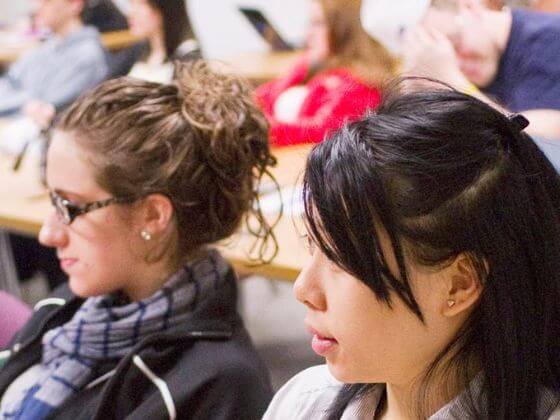
A variety of philosophy courses examine different perspectives on the ethical issues involving technology and artificial intelligence.
Learn more about Philosophy BS
Offered within the College of Liberal Arts

Some course work in the political science BS examines the opportunities and challenges of artificial intelligence through the consideration of the technological trajectories and possible scenarios of advanced AI.
Learn more about Political Science BS
Offered within the College of Liberal Arts
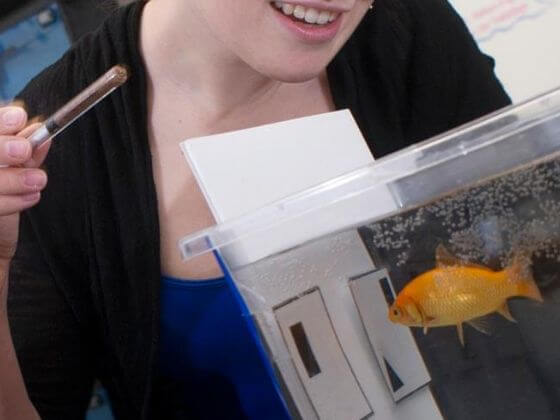
Within the study of psychology, cognition and language learning are just two areas that directly relate to AI today.
Learn more about Psychology BS
Offered within the College of Liberal Arts